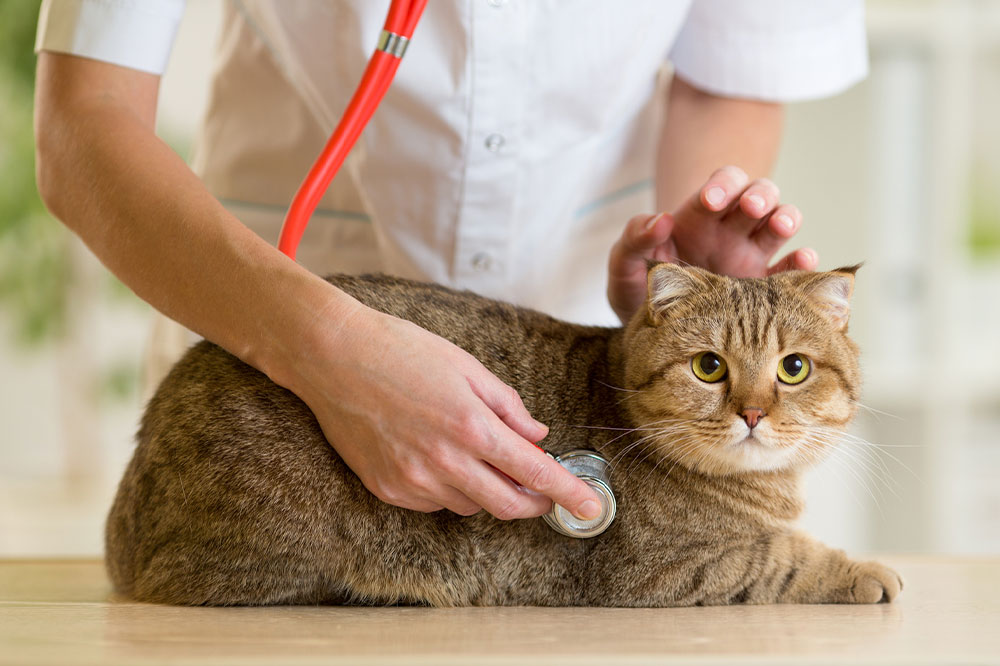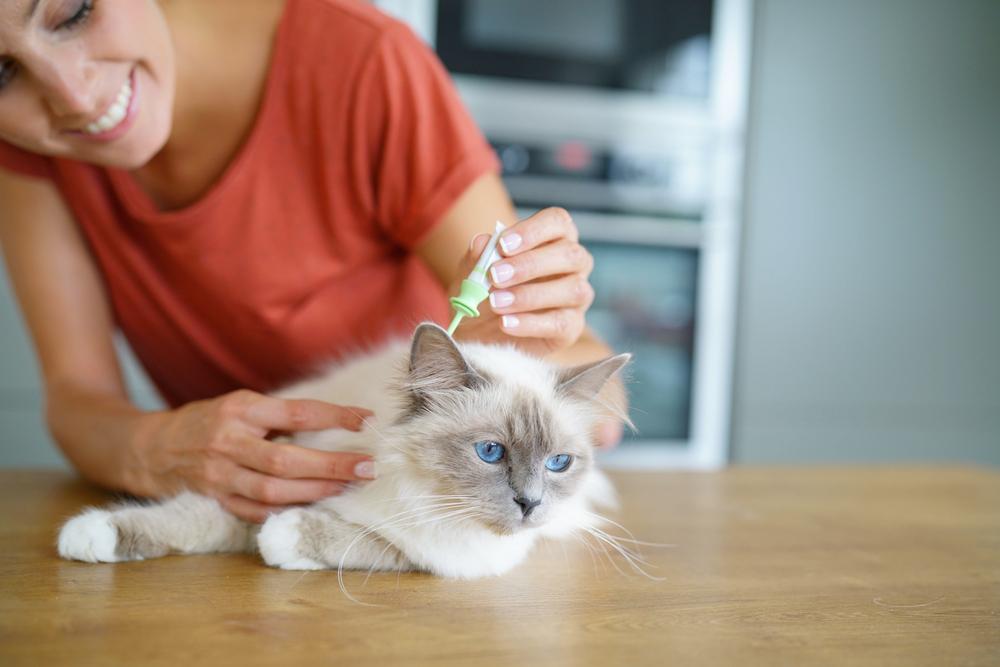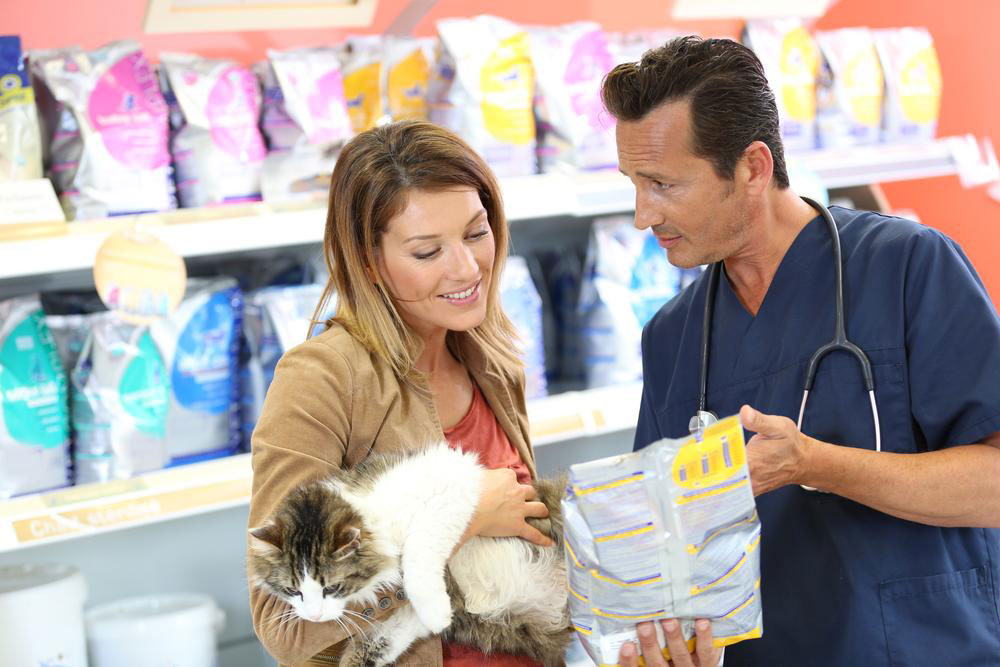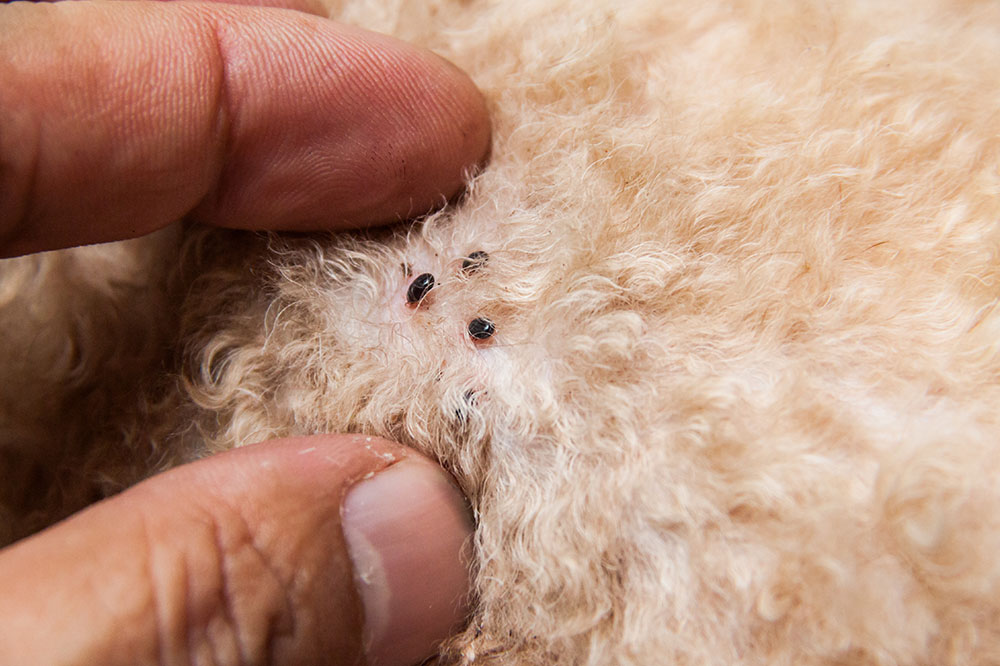Essential Guide to Responsible Pet Ownership
This comprehensive guide highlights responsible pet ownership, emphasizing proper nutrition, regular health checkups, grooming, training, and building a strong bond with pets. Following these practices ensures your pet's happiness, health, and longevity, while also reducing owner stress. Professional services and regular routines are essential for successful pet care and fostering a loving, healthy relationship with your furry companion.

Essential Guide to Responsible Pet Ownership
Owning a pet requires dedication and effort, but the rewards are immeasurable. Proper care and nutrition are vital for ensuring your furry friend's happiness and health. Responsible pet ownership goes beyond feeding and exercise; it involves taking proactive steps to maintain their overall health, prevent illnesses, and strengthen your bond. Every pet deserves attentive care that promotes longevity and well-being.
Advantages of Good Pet Care
1. Enhances pet health and lifespan
Providing a nurturing environment, balanced diet, and regular activity can significantly extend a pet's life. Ensuring mental engagement and proper growth monitoring also contributes to their well-being.
2. Fosters stronger owner-pet relationships
Showing love and care builds trust and emotional depth, making your bond more resilient and fulfilling for both.
3. Detects and prevents health issues
Routine vet visits, proper grooming, and a nutritious diet help identify potential health concerns early, reducing risks of serious conditions.
4. Minimizes owner stress
Consistent care routines alleviate worries about your pet's health, preventing emergencies and promoting peace of mind.
This proactive approach to pet care ensures their happiness and your confidence.
Basic Pet Care Practices
1. Nutrition and Diet
A balanced diet rich in proteins, carbs, fats, vitamins, and minerals is essential for pet health. Incorporating safe treats like boiled eggs, lean meats, and vegetables after veterinary consultation promotes vitality and prevents issues like indigestion.
2. Exercise and Play
Regular physical activity keeps pets active, healthy, and prevents digestive problems. Daily walks and engaging play sessions like fetch or tug-of-war should be routine to meet their energy needs.
3. Veterinary Checkups
Scheduling routine vet visits, ideally every six months, is crucial. Early detection of health issues through professional assessments ensures timely treatment and long-term wellness.
4. Grooming and Hygiene
Maintaining cleanliness through regular baths, coat brushing, nail trimming, and ear cleaning prevents skin infections and promotes comfort. The frequency varies among breeds, but consistent grooming is vital.
5. Training and Socialization
Training helps pets behave appropriately, reducing stress and enhancing confidence. It also strengthens your connection. Professional trainers can assist in discipline and social skills development.
Many pet care providers, like PetSmart, offer quality food, grooming, and training services. Their user-friendly app allows pet owners to shop conveniently for supplies including beds, tanks, and accessories.










